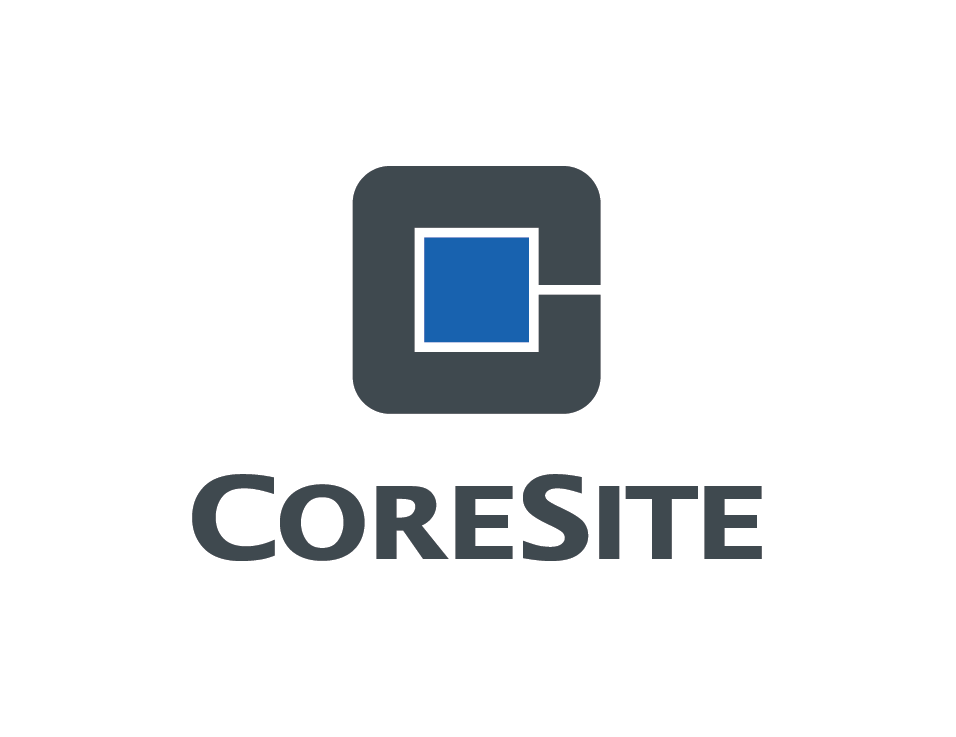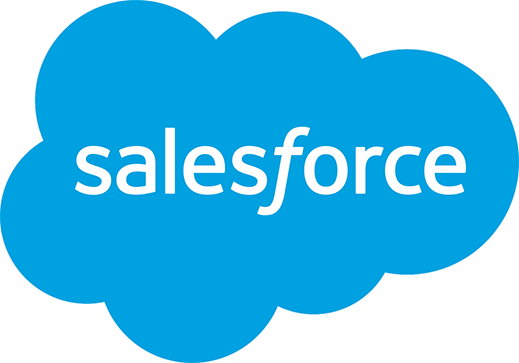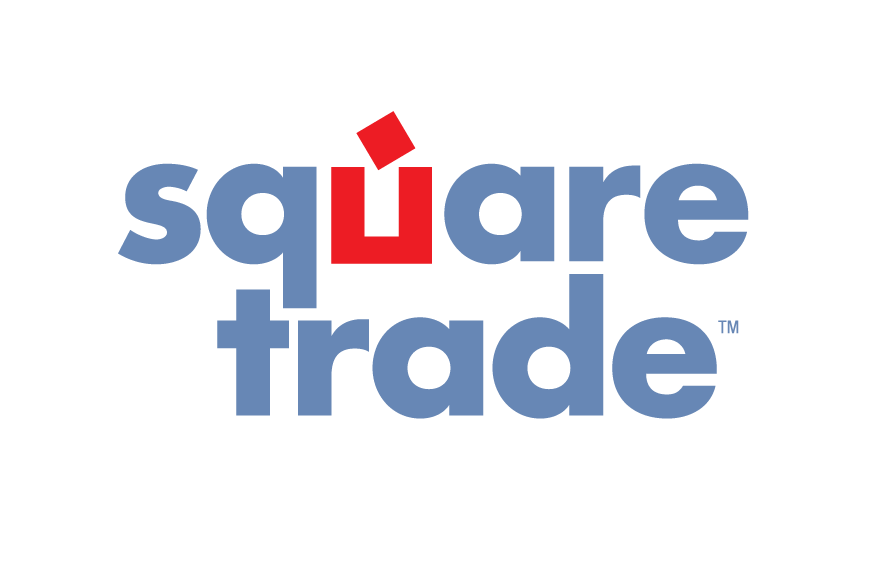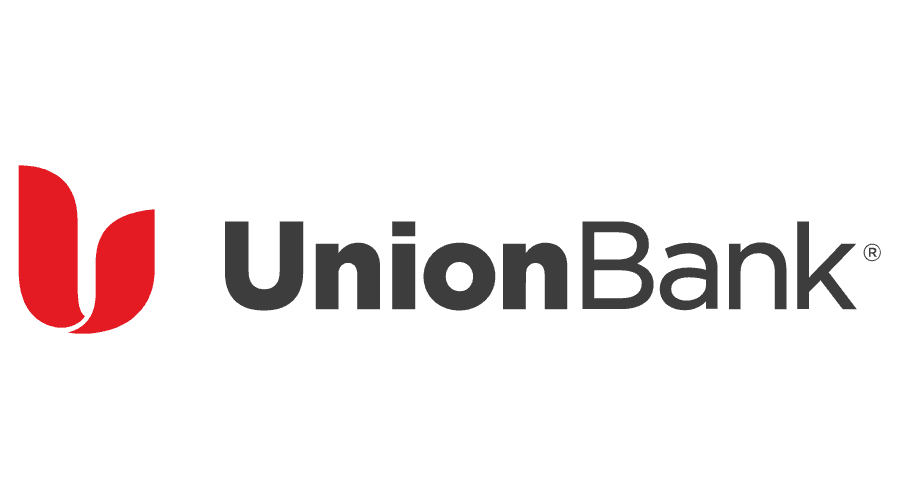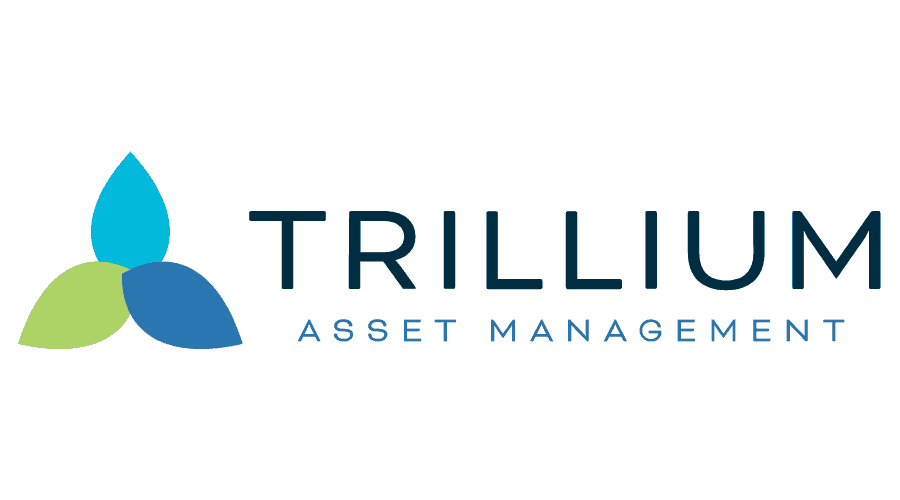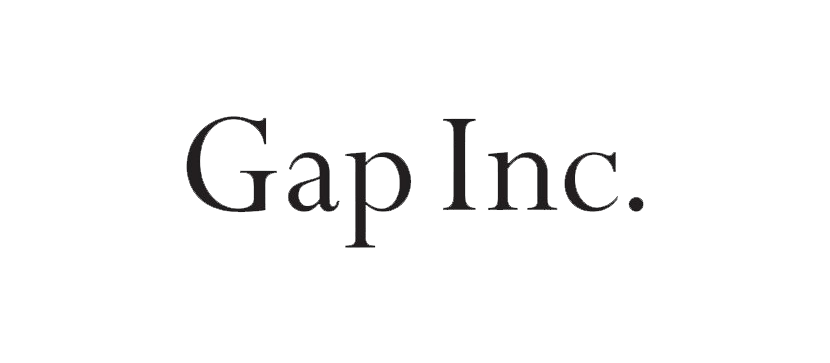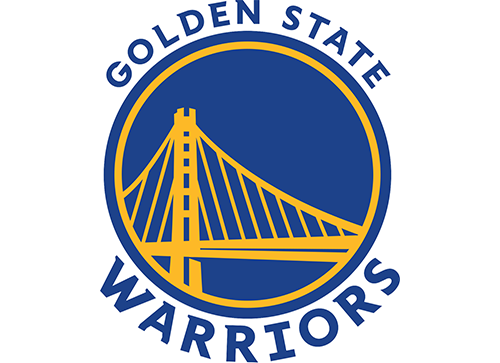Net Neutrality
 Net Neutrality has recently come to the national spotlight after the New York Times ran an article reporting or claiming, depending on how you look at it, that Verizon and Google were striking a backdoor deal in which Verizon would give preferential treatment to Google’s content over other media networks. This could potentially spark a number of partnerships between major media networks and Internet Service Providers, ultimately hurting the consumer by making it more difficult or more expensive to access certain information. Net Neutrality has long been a topic of discussion and is often seen as a right – not a privilege – to access the same information regardless of color, class, race, etc. Advocates of Net Neutrality argue on the basis of equality; individuals, no matter how much they pay or who they pay, should not be given an advantage or priority over any other internet user. Google and Verizon claim the NYT article was not completely accurate because it was a discussion between the two parties about the type of data packet (voice, video, audio, etc.) and the possibility of prioritizing by type to enhance quality, and not the content of the data. However, it did raise some questions about the future of the internet.
Net Neutrality has recently come to the national spotlight after the New York Times ran an article reporting or claiming, depending on how you look at it, that Verizon and Google were striking a backdoor deal in which Verizon would give preferential treatment to Google’s content over other media networks. This could potentially spark a number of partnerships between major media networks and Internet Service Providers, ultimately hurting the consumer by making it more difficult or more expensive to access certain information. Net Neutrality has long been a topic of discussion and is often seen as a right – not a privilege – to access the same information regardless of color, class, race, etc. Advocates of Net Neutrality argue on the basis of equality; individuals, no matter how much they pay or who they pay, should not be given an advantage or priority over any other internet user. Google and Verizon claim the NYT article was not completely accurate because it was a discussion between the two parties about the type of data packet (voice, video, audio, etc.) and the possibility of prioritizing by type to enhance quality, and not the content of the data. However, it did raise some questions about the future of the internet.
Opponents of Net Neutrality argue that this is a simple business decision – because Internet Service Providers such as AT&T, Comcast, and Verizon lay the ground work, create the infrastructure, and maintain the intricate network of wires, modems, switches, and all the other gear necessary to make the internet work. These folks look to similar models used by FedEx or UPS, who charge different rates for shipping based on the material, weight, and, most relevant to Net Neutrality, how quickly these goods are delivered. You can find a more detailed argument here from The Business Insider.*
There is no doubt there are many layers to this issue, including equal access to information, business interests, and the role government has to play in all of this as mediator, regulator, or spectator depending on how you look at it. The most recent uproar had to do in particular with the FCC’s recent meetings with Verizon and Google which some perceive as the FCC simply letting the industry take the lead on the issue. Regardless of the outcome, which does not seem to be immediate since congress has not shown much interest at the moment, the larger issue is why the FCC, a government agency created to regulate business, is taking a seemingly passive role as the industry makes moves to alter the relationship of ISP’s, internet users, and media outlets. It will be interesting to see how this unravels, but it is most important to make sure the FCC is at a safe distance from the powerful corporate interests that frequently dominate government policy.
Here at the Tenderloin Technology Lab we believe everyone should have equal access to technology. Staff and guests alike will keep a close eye on how this unravels and what kind of impact it will have on us here.
* The author the article you are reading now did a little research and found that both Comcast &, AT&T do exactly that (charge by the speed), so the supply and demand argument is already actually in play here.










